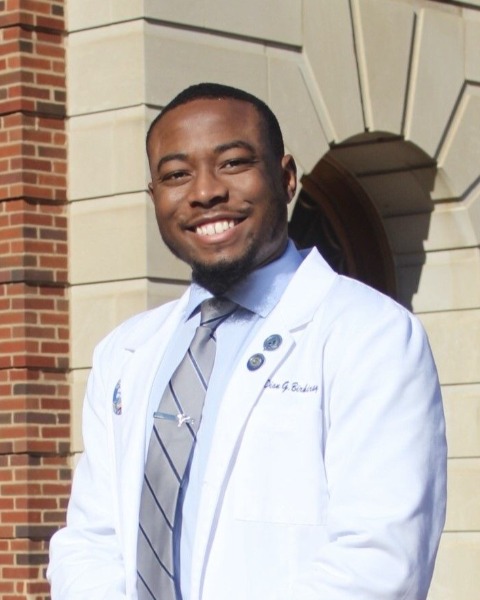Socioeconomic
Impact of Unstable Social Support Systems on 90-Day Outcomes in Patients Undergoing Thoracolumbar Fusion following Traumatic Spine Injury
Friday, February 21, 2025
7:00 AM - 2:00 AM EST

Dion G. Birhiray
Research Fellow
Baylor College of Medicine
Presenting Author(s)
Disclosure(s):
Dion G. Birhiray: No financial relationships to disclose
Introduction: Social support and family dynamics significantly impact patient outcomes following orthopedic surgery, especially in acute trauma cases where such networks may be lacking. Limited research has examined the role of such support in the postoperative course of non-elective spine surgery for traumatic injuries. This study aims to specifically assess the association between unstable social support systems and the incidence of postoperative complications in patients undergoing corrective thoracolumbar spine surgery due to trauma. By analyzing data from a large international database, we seek to identify overlooked burdens stemming from social and familial dynamics that affect patient recovery.
Methods: A retrospective cohort study was conducted on patients who received thoracolumbar fusion for traumatic injuries. Patients were grouped by the presence or absence of documented social support. Primary outcomes included rates of 90-day complications, readmissions, emergency department (ED) visits, and discharge disposition. Relative risks (RR) with 95% confidence intervals were calculated, and statistical significance was set at p< 0.05.
Results: A total of 3,894 patients were included. Patients with unstable social support systems had higher rates of certain complications, including anemia (12.2% vs. 8.7%, RR=1.401, p< 0.001), deep vein thrombosis (2.4% vs. 1.4%, RR=1.771, p=0.001), transfusion (31.1% vs. 22.9%, RR=1.362, p< 0.001), renal failure (9.1% vs. 6.6%, RR=1.368, p< 0.001), and ED visits (27.8% vs. 17.5%, RR=1.592, p< 0.001). Social support deprived patients were more likely to receive postoperative PM&R evaluation (41.9% vs. 31.6%, RR=1.324, p< 0.001), be discharged to a rehabilitation facility (36.4% vs. 28.6%, RR=1.275, p< 0.001), and return to OR (12.2% vs 10.2% RR=1.188, p< 0.007).
Conclusion : Our study found that patients with documented stressors related to disruptions in their social support network are at an increased risk for multiple postoperative complications within 90 days following corrective surgery for traumatic thoracolumbar injury. These findings suggest that family support networks may have prognostic value in postoperative care planning and rehabilitation.

.jpg)